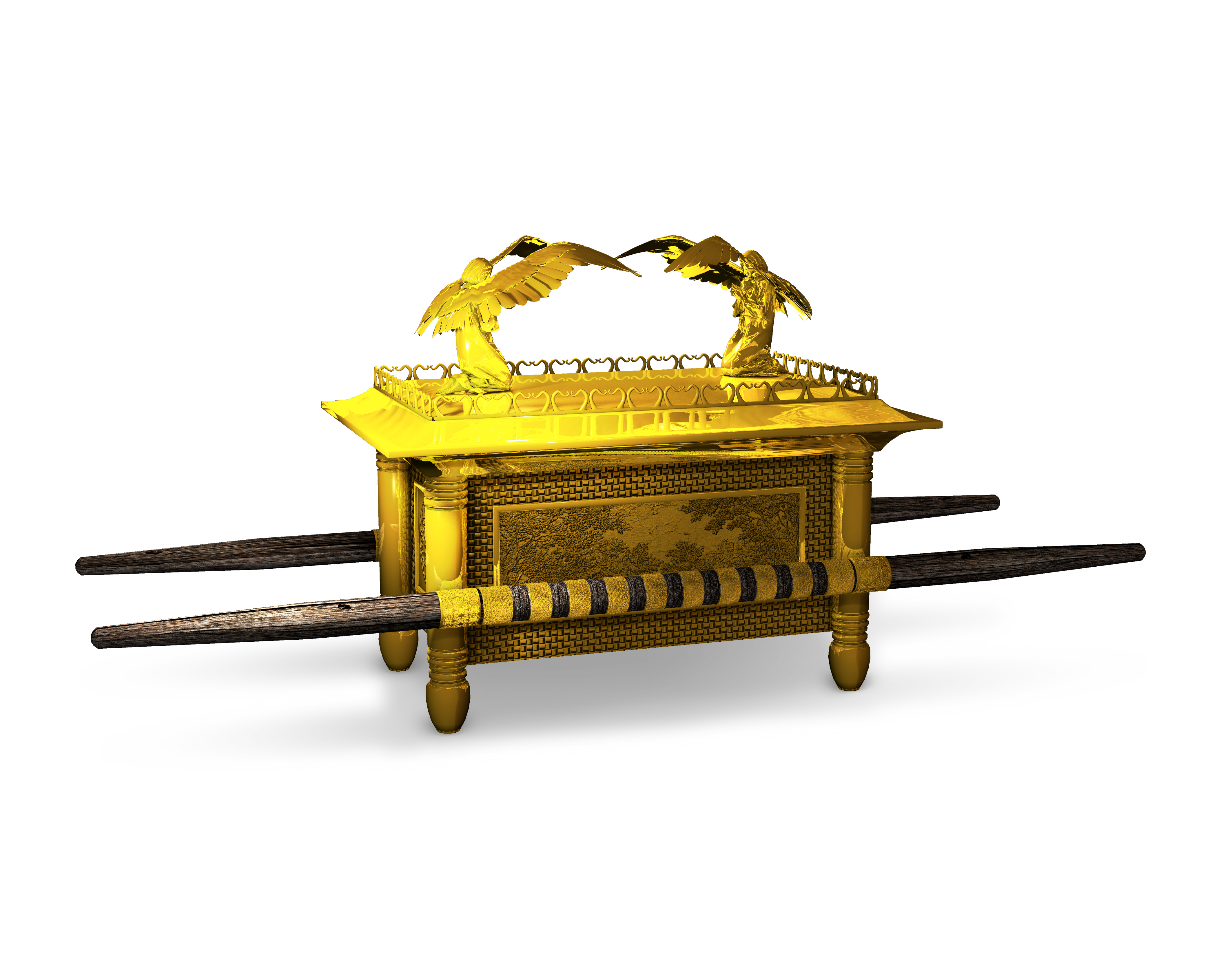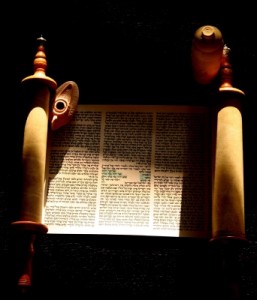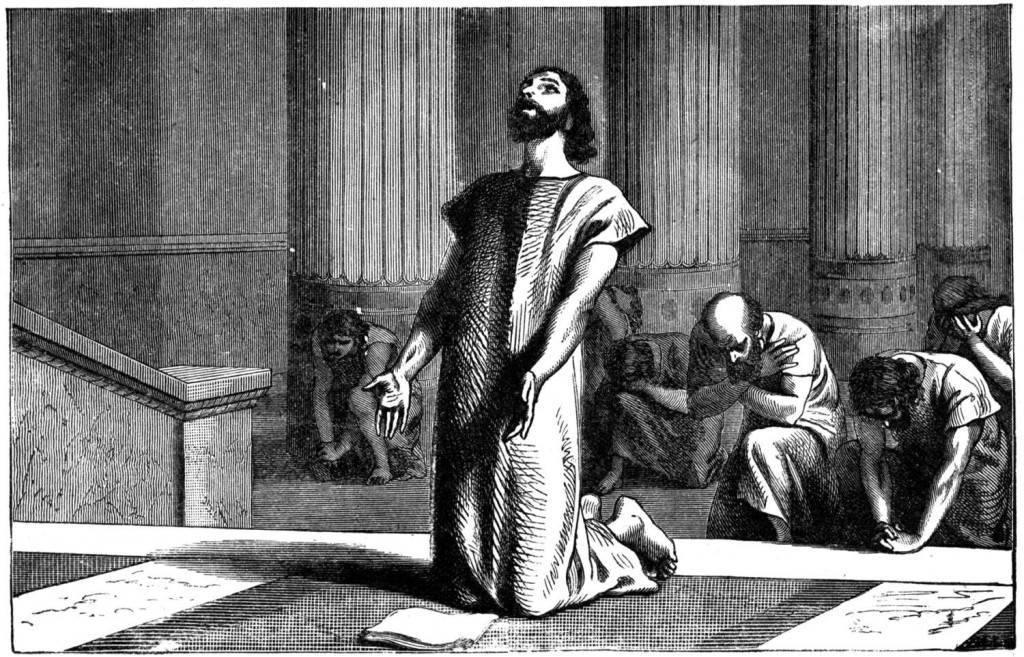Numbers 7:89, When Moses. Moses going into the inner most sanctuary of the tabernacle is a lesson for us in experiencing intimacy with YHVH Elohim. The holy of holies in the tabernacle from which the voice of YHVH emanated pictured what? (See Rev 7:15.) The Tabernacle of Moses is a spiritual picture of what? (Read Eph 3:21–22; 1 Cor 3:16; 1 Pet 2:5.) If the saints are the temple of the Set-Apart Spirit, can they, like Moses, hear the voice of Elohim? (See what Yeshua said in answer to this question in John 10:3–5, 27 cp. Acts 8:29; 10:19; 11:12; 29:4.) How does YHVH now speak to his people? (Note John 16:13; 1 Cor 2:12.) How does the Spirit interact with man to speak the mind, heart and will of Elohim to humans? (See John 14:17; Job 32:8; Prov 20:27; Rom 8:16; Eph 3:16; 1 John 2:20, 27; 4:2–3; 1 Cor 2:10–14.)
A corollary passages to this verse is found in Psalms 61:4 where David speaks of abiding in YHVH’s tabernacle forever, and putting his trust in the shelter of YHVH’s wings. Consider this. Over the mercy seat on the ark of the covenant are the over-shadowing wings of the two cherubim, which is representative of Elohim’s throne and glorious Presence on earth (see Isa 37:16; Ezek 10:1–22; 11:22–23). It was in this place of intimate worship before the “Rock that his higher than me” (verse 2) that David sought shelter or refuge and deliverance from his enemies (verse 3). Phrases like, “under the shadow of your wings” is a Hebraism meaning “before YHVH in the place and state of worship” (see also Pss 17:8; 36:7; 57:1; 63:7; 91:1, 4). It was also in this place—between the cherubim—that Moses heard the voice of Elohim (Num 7:89), and that David would see the power or might, strength and glory or manifest Presence of Elohim in a prophetic, ecstatic or spiritual vision (Ps 63:2). The saints now have access to the throne of Elohim through prayer (Rev 5:8; 8:3).
Occasionally, YHVH will still communicate with his servants through an audible voice, dreams, visions, or an angelic visitation. But this is rare even as it was in biblical times. This is because YHVH is testing his people to see if they will walk by faith, not by sight (2 Cor 5:7), and will remain faithful to his written word. Currently, YHVH is refining, testing and preparing his bride for her marriage to him. Will she be faithful to him having never seen him? The time is coming, however, when she will be in YHVH’s blessed Presence forever, which is the object or end goal of her faith.
Voice of One…above the mercy seat. Think about this for a moment. The ark of the covenant upon which the mercy seat rested contained and was surrounded by several items, which give us an understanding as to what basis we are to come into YHVH’s Presence to hear his voice. The ark contained Aaron’s rod that budded, the golden pot of manna and the two tablets containing the ten words written by YHVH’s finger. Leaning up against the ark was the scroll containing the entire Torah that was given to the Israelites through Moses.
Together these items teach us that man can only come into YHVH Presence on the basis the Torah-word of Elohim of which Yeshua was the Living Manna from heaven, and upon which man must feed for his spiritual sustenance. Even as the manna was in a golden pot, so YHVH’s words should be within the heart of man. The ten words or commandments which were written by YHVH’s finger form the foundation of the Torah and need to be written on the heart of man. The heart of man contains two parts, like the two stone tablets, and man’s heart, until spiritually regenerated, is hard and stoney like the rock upon which the ten words were written.
YHVH is calling his servants to be a kingdom of priests of which Yeshua the Messiah is our Chief High Priest of which the rod, a symbol of the tree of life, is a prophetic picture. Under Yeshua’s rulership, his priests will exercise the authority in leading this world into obedience to and the worship of YHVH.
The Torah scroll leaning up against the ark shows us that obedience to YHVH’s instructions is dependent on our relationship with Yeshua through which his words must be written on our hearts by the indwelling presence of the Spirit of Elohim.
Moreover, when the high priest came into the holy of holies, he carried a censor filled with incense and sprinkled lamb’s blood on the ark of the covenant. This is pictures the saints coming into YHVH’s Presence only through the blood of Yeshua the Messiah who atoned for man’s sins, and through humble prayer like a contrite petitioner before a mighty king.





